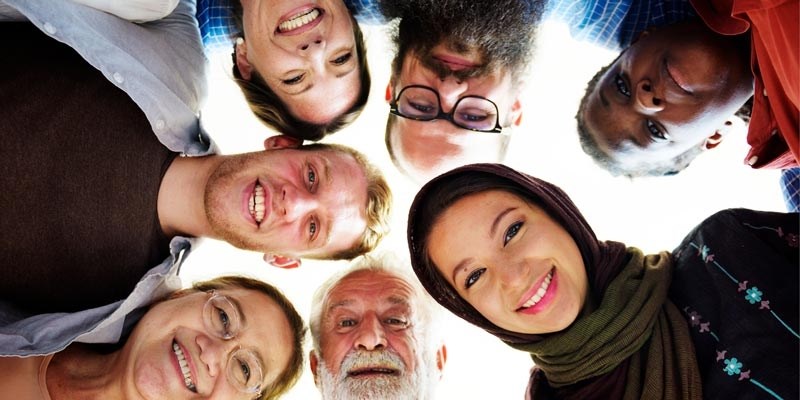As it lambastes Canada over its treatment of the Huawei executive wanted in the U.S., China continues to languish near the bottom of the annual Human Freedom Index released today by the Fraser Institute and a network of international public policy think-tanks.
According to the index, New Zealand is the freest country in the world, followed by Switzerland.
China ranks 135th in this year’s index, which uses 79 indicators of personal, civil and economic freedoms to rank 162 countries and jurisdictions worldwide.
Hong Kong, once the world’s most free jurisdiction several years running, continues its downward slide and this year ranks third. Australia in fourth, followed by Canada round out the top five.
“China is by far the least-free nation in East Asia, creating concerns for neighbouring jurisdictions as it promotes its model of undemocratic governance internationally,” said Fred McMahon, Dr. Michael A. Walker Research Chair in Economic Freedom at the Fraser Institute and editor of the report.
Meanwhile, Taiwan — which remains under constant military threat from China — nonetheless continues to increase freedom and democracy for its citizens, this year entering the top 10 freest jurisdictions globally, tied with Norway and Finland.
Since 2008, Taiwan has moved up from 43rd.
Unfortunately, according to the index, freedom has declined around the world over the past decade.
In fact, of the 142 jurisdictions with data since 2008, 81 have declined in freedom, 58 have increased and three were unchanged.
The United States ranks 17th. Other notable countries include the United Kingdom (8), Germany (13), Japan (31), India (110), Russia (119) and Syria, the least-free country on the index.
Crucially, people in freer countries are more prosperous than those in less-free countries.
For example, the average per capita income for the top-quartile countries on the index was US$39,249 compared to US$12,026 for the least-free quartile in 2016, the most recent of available comparable data.
“The evidence is clear—when people are free, they have much greater opportunity to prosper and they lead happier healthier lives,” McMahon said.
The complete index, a joint project of the Fraser Institute, Germany’s Friedrich Naumann Foundation for Freedom and the Cato Institute in the U.S., is available as a free PDF download at www.fraserinstitute.org. It’s prepared by Ian Vasquez of the Cato Institute and Tanja Porčnik of the Visio Institute in Slovenia.



